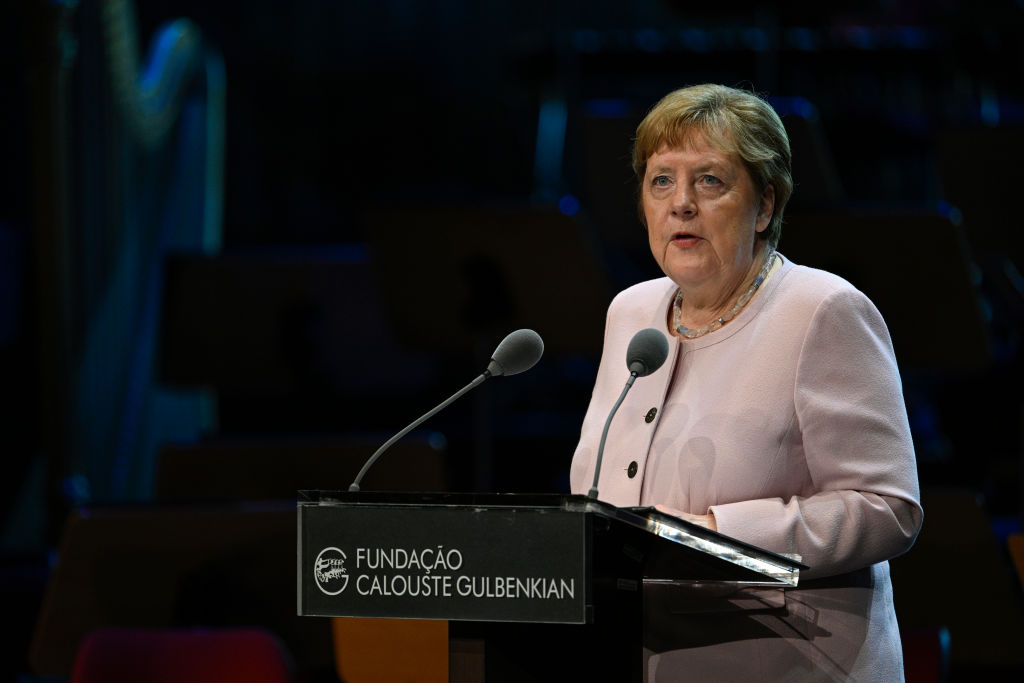Fewer than half of Germans support a nationwide ban on the populist Alternative für Deutschland (AfD) party over allegations it is “extremist”, a new poll has shown.
According to data released by Ipsos, 42 per cent of Germans are in favour of starting the legal process of banning the AfD nationwide.
This figure is higher for supporters of the main German parties, with 71 per cent of Green voters, 64 per cent of Social Democratic Party voters and 53 per cent of Christian Democrat voters saying they would support an AfD prohibition.
There remains heavy resistance to such a move, with another 42 per cent of the German population against any attempt at a countrywide ban.
This resistance is higher in the regions comprising what used to be Communist East Germany, where 51 per cent say they are against such a ban.
WATCH: AfD ban could backfire, leading Social Democrat warns.
Read more at https://t.co/3BC2lO7b5q pic.twitter.com/pllQ0pMgpM
— Brussels Signal (@brusselssignal) January 4, 2024
That standpoint in the former GDR regarding any AfD proscription lines up with where the party’s support is surging; it has become the most popular in the region over the past year.
Analysts now expect it is likely the party will gain control of at least one state-level government in the region before the year is out. Thuringia, Saxony and Brandenburg are all seen as the possible locations of electoral success.
Germany’s West is also seeing a rise in popularity for the AfD as the party now regularly polls at record highs nationwide.
Such success appears to have angered Thomas Haldenwang, the head of Germany’s Office for the Protection of the Constitution, the federal intelligence agency, who lashed out at voters for being too complacent regarding the rise of certain political groups.
According to the bureaucrat, most Germans are “not sufficiently aware of how serious the threats to our democracy have now become”.
He added that the public must “finally take a clear position against extremism in Germany”, linking the rise of these new elements to a recent increase in anti-Semitism in the country.
Reports have indicated that outbreaks of anti-Jewish violence have far more to do with the Left than the Right in Germany, with recorded incidents being linked back to migrant communities as well as left-leaning anti-Israel activists.
Since the Hamas terrorist attacks on Israel in October last year, both factions of German society have slammed those perceived to be supportive of the Jewish State.
A new survey puts Germany’s right-wing Alternative für Deutschland (AfD) party well ahead of its competitors, polling at 37 per cent. https://t.co/WfQBUhsQ6m
— Brussels Signal (@brusselssignal) January 2, 2024





